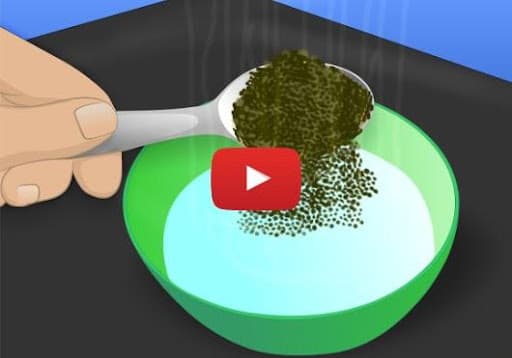5 Powerful Fruits Boosting Kidney Cleanse and How to Enjoy Them
Maintaining kidney health is crucial, as these resilient organs filter blood continuously, ensuring waste products are excreted effectively. However, the kidneys are not entirely self-renewing and, thus, benefit significantly from dietary support. This article delves into the remarkable benefits of incorporating specific fruits into one’s diet to aid in kidney cleansing and health.
Kidneys consist of a million tiny filters known as nephrons that perform constant filtration on a 24/7 basis. As we age, these filters can shrink, risking up to a 20% functional loss unless dietary adjustments are made. Adopting a kidney-friendly diet is essential, and what if just $1 expenditure per day on a specific fruit could significantly boost your quality of life?
Blueberries shine with their antioxidant properties, particularly anthocyanins, which help prevent bacteria from adhering to urinary tract linings, thereby lowering the risk of infections and aiding kidney function. Blueberries are renowned for combating oxidative stress, a contributor to kidney issues, and aiding in maintaining optimal blood pressure.
- Rich in antioxidants and low in sodium, potassium, and phosphorus, making them excellent for kidney health.
- Anthocyanins enhance kidney filtering function, beneficial against chronic kidney disease, and aid in blood pressure regulation.
An apple a day could indeed keep the doctor—and kidney issues—at bay. Low in sodium and rich in fiber, apples help reduce the risk of both kidney stones and diseases. Their soluble fiber, pectin, plays a vital role in diversifying gut health and managing weight, indirectly supporting kidneys since obesity and diabetes pose risk factors to their health.
- Contains quercetin, a strong antioxidant helping lower blood pressure and protecting kidney function by alleviating inflammation risks.
- About 87% water composition aiding in hydration while bathed with antioxidants to handle urinary tract infections.
Grapes, particularly their seeds and skin, are loaded with resveratrol, an antioxidant directly improving kidney function by reducing oxidative stress and enhancing blood filtering.
- Offer natural diuretic benefits promoting healthy urine production, crucial for cleansing kidneys.
Watermelon, with its incredible lycopene content, shields against oxidative before amplifying kidney health. It stands out remarkably due to its hydrating ability and low oxalate value, reducing kidney stone risks while boosting waste elimination via ample hydration.
- Contains citrulline for optimized blood flow to kidneys, offering hydrating purification mechanism only enhanced through lycopene’s protecting agent.
Integrating a variety of these potent fruits can offer powerful kidney health benefits. Yet, while adopting this nutritional aid, moderation remains key, alongside hydration consciousness and regular health consultations.
Diversity in diet, rich in fruits like blueberries, apples, cranberries, grapes, and watermelon, paves the way for protected, sustainable kidney function through antioxidant and detoxing prowess.
With regular adjustments to diet minutiae and greater emphasis on primordial food sources bolstering body filtration systems naturally, reclaim your feel for nourished living.
From Around The Web
Wellness Inbox is a blog & weekly newsletter that curates trending news and products related to health and wellness from around the web. We also gather content from various sources, including leading health professionals, and deliver it directly to you.
Please note that we may receive compensation if you purchase any products featured in our newsletter. Wellness Inbox is not affiliated with, nor does it endorse, any health professionals whose content may appear in our newsletter. The information provided is for general informational purposes only and should not be considered medical advice.
The information provided is not intended to replace professional medical advice, diagnosis, or treatment. All content, including text, graphics, images, and information available is for general informational purposes only. We do not guarantee the accuracy or completeness of any information presented and assume no liability for any errors or omissions. The content is subject to change without notice. We encourage you to verify any information with other reliable sources and consult your physician regarding any medical conditions or treatments.







